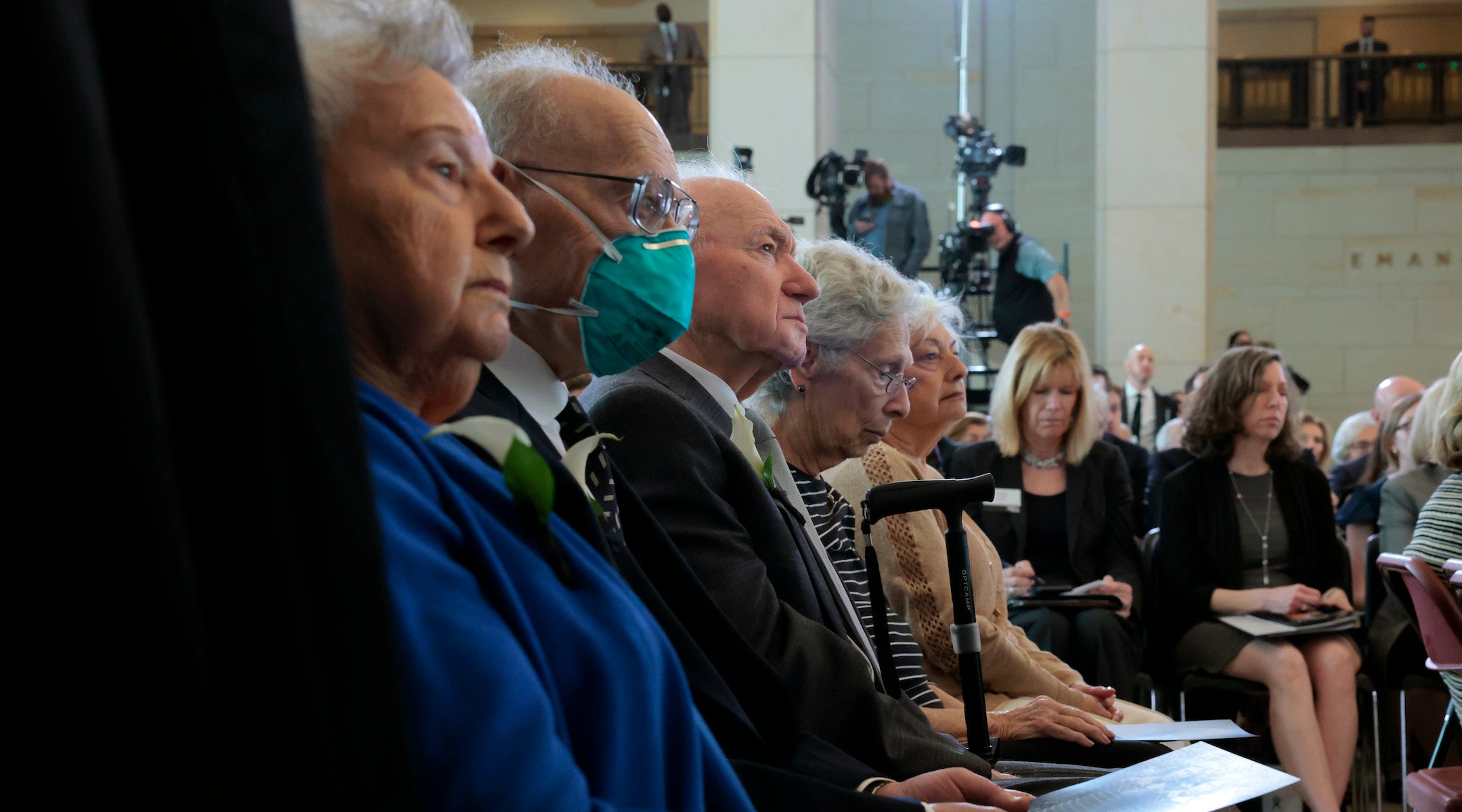The supposed extra money that made the survivor ineligible for SSI came in the form of restitution payments for victims of Nazi persecution — which legally cannot be counted as income. An effort to fix the problem immediately began.
“They’ve been withholding money to her,” said her attorney Stacey Dembo, who took on the survivor’s case pro bono through the Skokie-based Council for Jewish Elderly and the Jewish United Fund of Chicago. “I feel a lot of time pressure because of her age.”
The story of this survivor, whom JTA is not naming at the request of her counsel, offers a peek at a troubling pattern that has persisted for decades: low-income Holocaust survivors being denied Social Security payments owing to a specific bureaucratic error that affects only them.
The problems have historically been resolved by persistence on the part of their attorneys. But Dembo said the Trump administration’s gutting of the Social Security Administration has made it harder for her to achieve redress for Holocaust survivors. Under the Department of Government Efficiency, the Social Security Administration expects to cut about 12% of its workforce — around 7,000 jobs — and shutter dozens of its field offices, even as the agency has instituted new rules requiring recipients to visit the offices in person to resolve disputes.
“It’s clear they just don’t understand. They don’t care to understand,” Dembo said. In the past, she said, she could just “send a letter and fix the problem.” But now, with so many personnel cuts at the department, “you’re kind of screaming into the void.”
The Social Security Administration did not respond to questions sent to its press office for this story.


